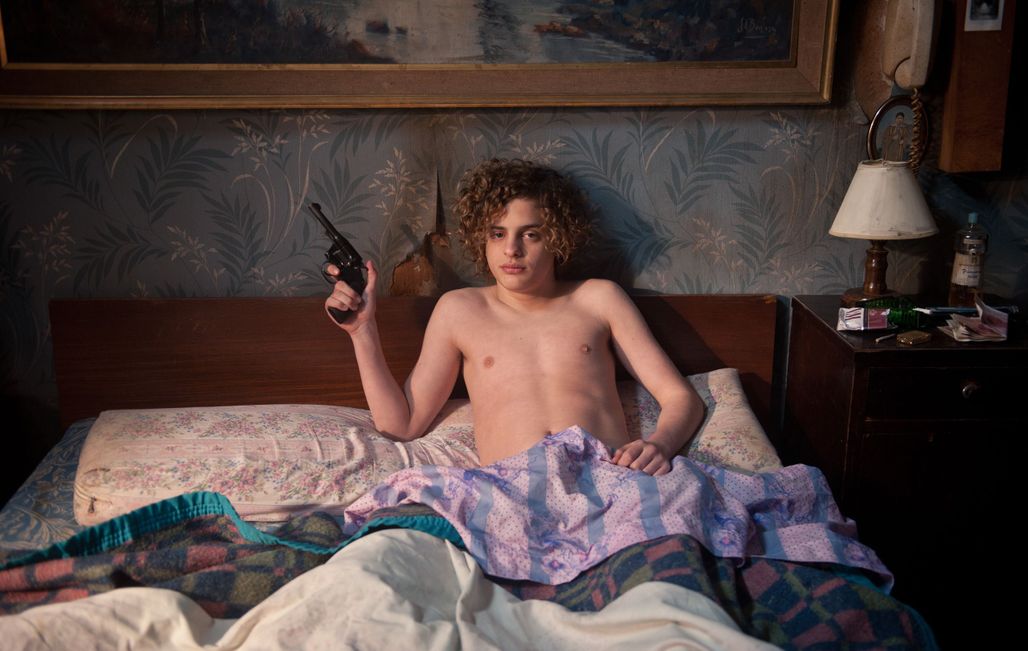
The Angel as seen by Luis Ortega

The originality of his first film, Black Box (2002), released when he was only 22, had already caught the attention of the film industry in his native Argentina. This year, Luis Ortega presents L’Ange (The Angel) in Un Certain Regard, his fourth feature film, set in Buenos Aires in the quearly 1970s. Lorenzo Ferro is the angelic criminal Carlitos chosen by the Argentine, while Chino Darín, Mercedes Morán and Daniel Fanego make up the cast.
What inspired you to begin work on this film?
As a child I liked to experiment by doing things that were meaningless, things that made no sense at all. Some kids take that too far, to a point of no return. That´s what this film is about: innocence going mad. Later, reading Jean Genet´s The Thief´s Journal and Our Lady of the Flowers, I was completely captivated by the force of his poetic and almost religious criminal experience. In Argentina we have this kid that in 1971 robbed and killed a lot of people. He looked like a nineteen-year-old Marilyn Monroe. I guess if you mix all that up you end up with The Angel.
Tell us about your working methods and the atmosphere on set.
I don't have a method, or maybe I prefer not to be aware of it. I never use a story board or know exactly what´s going to happen, even when there´s a perfect scene written down. I just get to the set, smoke a lot, and let that feeling of desperation build up until I get a sort of expression, of how to do it. Then I work with the actors, they have to know I am there with them. They are the most important thing for me. Anything can go wrong technically and you might still have a scene, but the acting can't go wrong. It would be too painful to watch.
What did you learn while making this film?
I learned how to get hold of a kid that had never acted before and work with him night and day until he had the looks and confidence of a movie star. It's the closest I've come to giving birth, and I hope I don't come any closer.
It's also my first time making a film with real producers, so that put me on another level of responsibility.
What are your views on the state of the film industry in your country?
I don't follow it too closely, but the film institute in Argentina has been very generous with anyone with the basic means to present a project. Almost any middle-class person that wants to make a film will probably end up doing it sooner or later –which on the other hand isn't so great. But even so, the exhibitors only screen what brings in the money, with scant regard for anything else. There are very few cinemas outside the strictly commercial ones.


